|
|
|
Editor's note
|
|
Chances are you’ve read a book by Thich Nhat Hanh, the Buddhist monk who popularized mindfulness in the West. Through his writing and teaching, he has helped millions of people appreciate the benefits of being present in the moment. In ill health at 92, Thich Nhat Hanh has now returned to Vietnam to prepare to die. As devotees visit to pay their last respects, assistant professor of religious studies Brooke Schedneck considers Thich Nhat Hanh’s contribution to the “mindfulness movement.”
A second jury has concluded that Monsanto’s widely used Roundup herbicide was a “substantial factor” in a plaintiff’s cancer diagnosis, and now will consider whether Monsanto should pay damages. University of Connecticut epidemiologist Richard “Bugs” Stevens sees parallels between the processes that lawyers and scientists use to try to prove this kind of connection, but also a major disconnect: Sometimes jurors have to reach verdicts about potentially dangerous products before the science is settled.
Native Americans along the U.S.-Mexico border are rallying against President Donald Trump’s border wall proposal. The traditional homelands of 36 federally recognized tribes – including the Kumeyaay, O’odham and Apache peoples – were split in two in 1853, when the Gadsden Purchase carved modern-day California, Arizona, New Mexico and Texas out of northern Mexico. So while many Native Americans see the border as an “invisible line,” writes Colorado College anthropologist Christina Leza, a wall would make it all too real.
|
Kalpana Jain
Senior Religion + Ethics Editor
|

|
|
Top stories
|
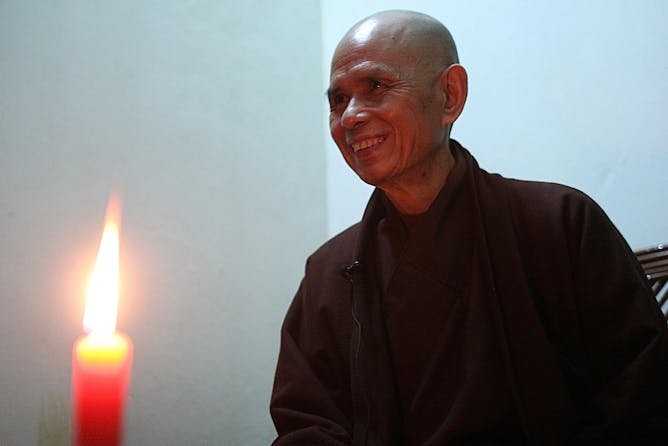
Vietnamese monk Thich Nhat Hanh.
AP Photo/Richard Vogel
Brooke Schedneck, Rhodes College
Devotees from many parts of the world are visiting the ailing 92-year-old monk, who has retired to a Buddhist temple. He taught how the practice of mindfulness could be combined with daily actions.
|
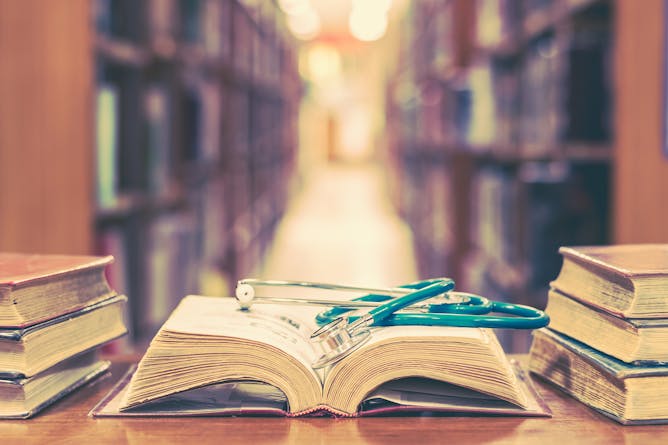
Law and science seek proof in similar ways, but at very different speeds.
Chinnapong/Shutterstock
Richard G. "Bugs" Stevens, University of Connecticut
What is proof? In both law and science, it's basically a consensus of experts – but they work at very different speeds. That means juries may reach verdicts on an issue before the science is settled.
|
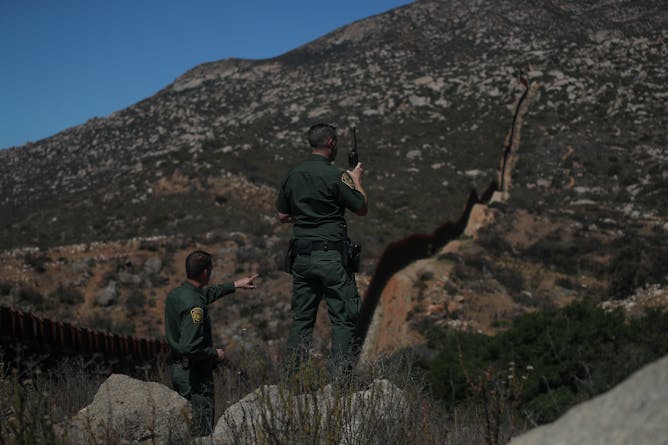
A steel wall along the U.S. border near Tecate, California, cuts across Mount Cuchame, a site sacred to the Kumeyaay people.
Reuters/Adrees Latif
Christina Leza, Colorado College
The U.S-Mexico border runs through Native American territories. A wall would further divide these communities, separating children from schools, farmers from water and families from each other.
|
Politics + Society
|
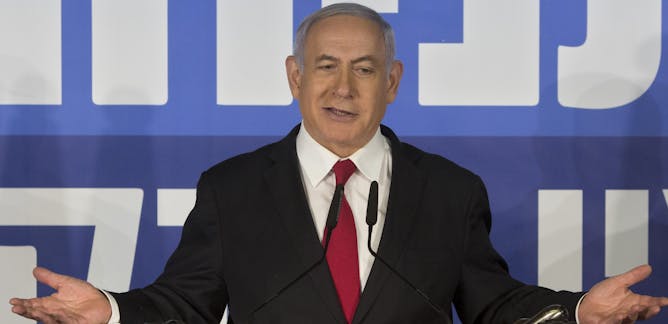
Dov Waxman, Northeastern University
If Israel's longtime leader Benjamin Netanyahu loses in the upcoming elections, some hope that his removal will pave the way for peace. But there are several reasons why that's not likely.
| |
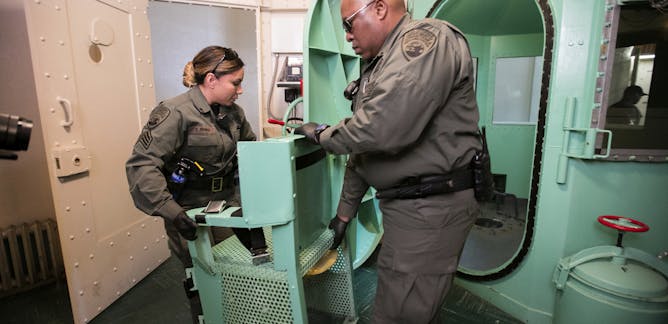
Hadar Aviram, University of California, Hastings
A law professor from the University of California, Hastings considers why a moratorium in California could be influential.
|
|
|
Science + Technology
|

Jennifer Grygiel, Syracuse University
Children can't handle watching livestreamed massacres – and adults shouldn't have to.
| |
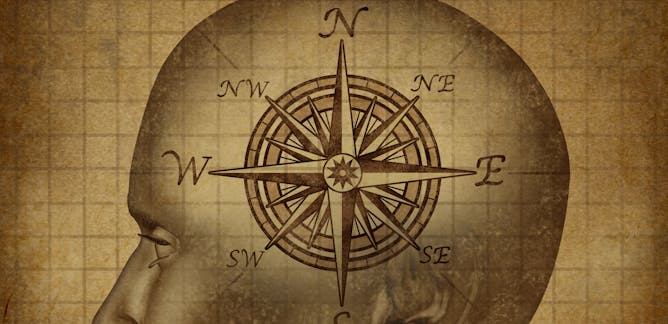
Shinsuke Shimojo, California Institute of Technology; Daw-An Wu, California Institute of Technology; Joseph Kirschvink, California Institute of Technology
Your brain's sensory talents go way beyond those traditional five senses. A team of geoscientists and neurobiologists explored how the human brain monitors and responds to magnetic fields.
|
|
|
Arts + Culture
|
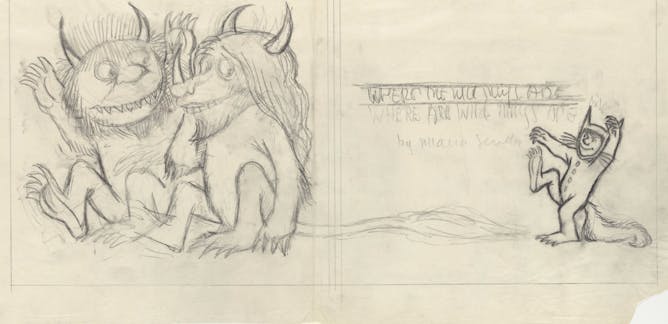
Katharine Capshaw, University of Connecticut; Cora Lynn Deibler, University of Connecticut
The book took eight years from conception to publication. In the earliest dummy, the monsters that millions have grown to love actually started out as horses.
| |
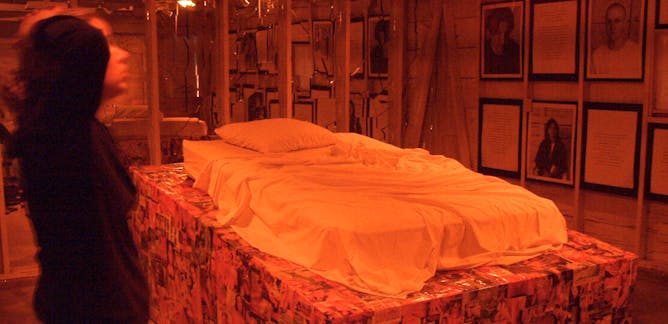
Vivien G. Fryd, Vanderbilt University
Many Renaissance-era masterworks depicted rape and sexual assault as erotic. Beginning in the 1970s, artists worked to redefine rape as a crime of aggression and act of female subjugation.
|
|
|
Health + Medicine
|
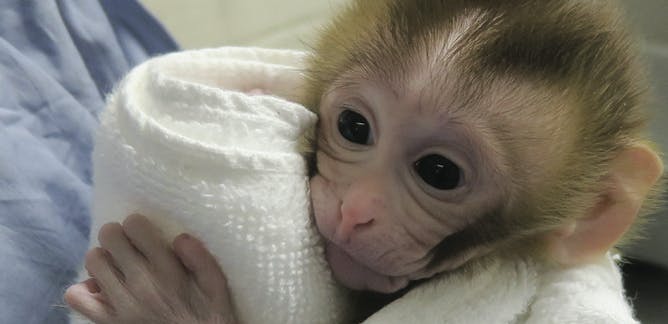
Kyle Orwig, University of Pittsburgh
Children with cancer not only endure chemotherapy or radiation treatment but they may also face infertility in adulthood. Now a new procedure, just proven in monkeys, may be close to use in humans.
| |
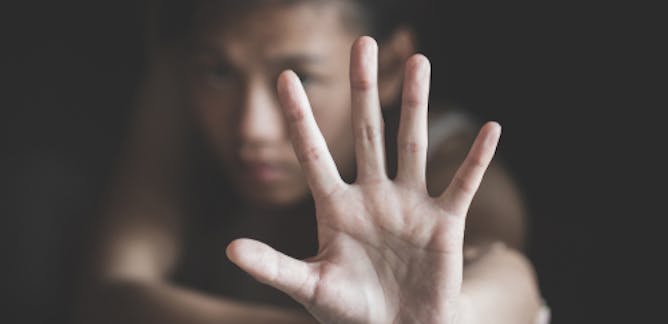
Nabila El-Bassel, Columbia University
A strong link exists among sexual violence, substance use disorder and HIV in women. Why are the women who are most at risk being overlooked?
|
|
|
Education
|
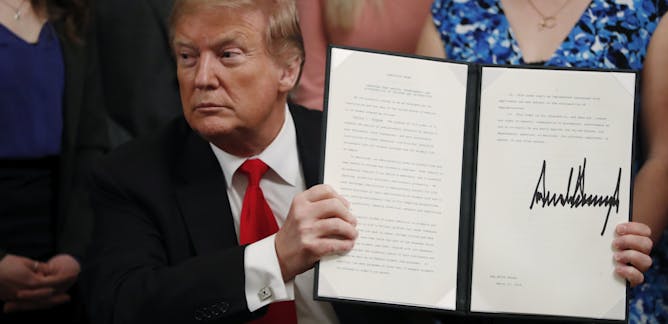
Brendan Cantwell, Michigan State University
Though largely political and symbolic, the campus free speech order that President Trump issued matters because it ties millions of federal research dollars to how well colleges protect free speech.
| |

Kate Padgett Walsh, Iowa State University
Through "risk-sharing," colleges could be on the hook to help pay back student loans if too many students default. A scholar who studies the ethics of debt examines how risk-sharing could backfire.
|
|
|
Ethics + Religion
|
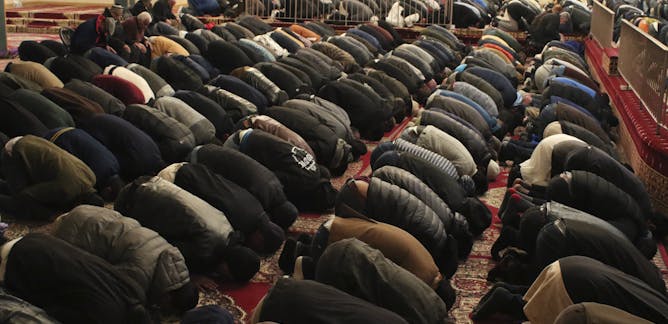
Rose S. Aslan, California Lutheran University
Last Friday, Muslims were killed while praying at two mosques in New Zealand. For Muslims, Friday is the day of gathering, the most important prayer day of the week.
| |
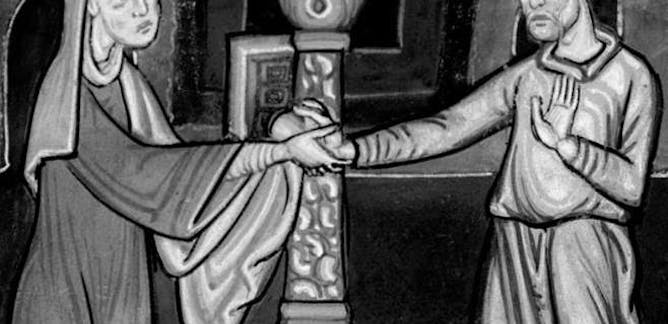
Alison I. Beach, The Ohio State University; Maria Chiara Giorda, Roma Tre University
Pope Francis recently confirmed that clergy members abused nuns. Since the early days of monasticism, the presence of nuns led to restrictions that limited contact between men and women.
|
|
|
Environment + Energy
|
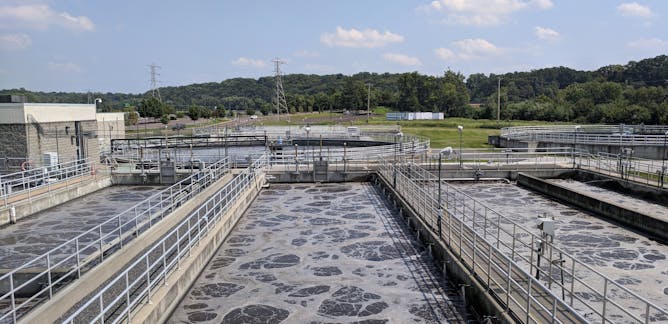
Yalin Li, Colorado School of Mines
The 'used water' that flows from our showers, dishwashers and toilets isn't a waste to engineers – it contains valuable materials. The challenge is recovering them and turning them into products.
| |
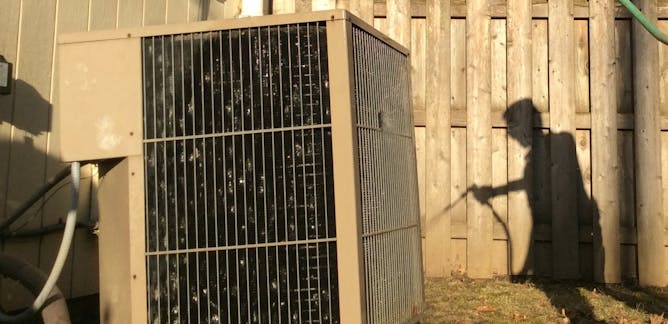
David Yuill, University of Nebraska-Lincoln
Unless it sparks joy, go ahead and scratch this task off your spring-cleaning checklist.
|
|
|
Economy + Business
|
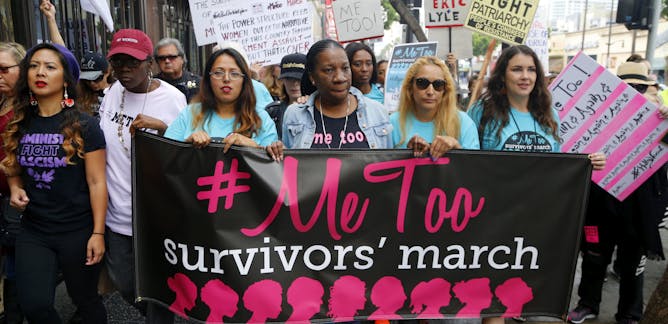
Cass Sunstein, Harvard University
From the French Revolution to #MeToo, social movements often burst into the mainstream with what seems like little warning. Cass Sunstein explains why.
| |
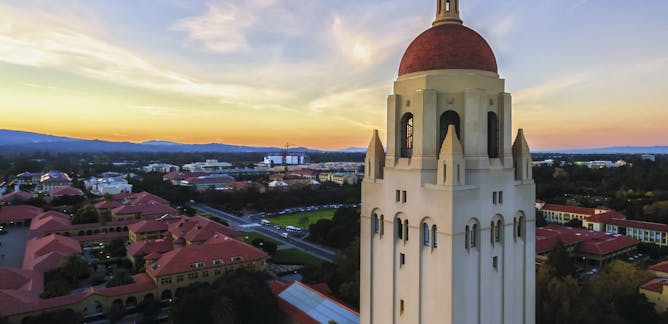
Christopher Boone, Arizona State University
When it comes to innovation, Santa Clara County is way ahead of the rest of the US. Between 2000 and 2015, more than 140,000 patents were granted there – triple the number of the next-ranked county.
|
|
|
| |
| |
| |
| |
| |
| |
|
|
|
|
|
|
|